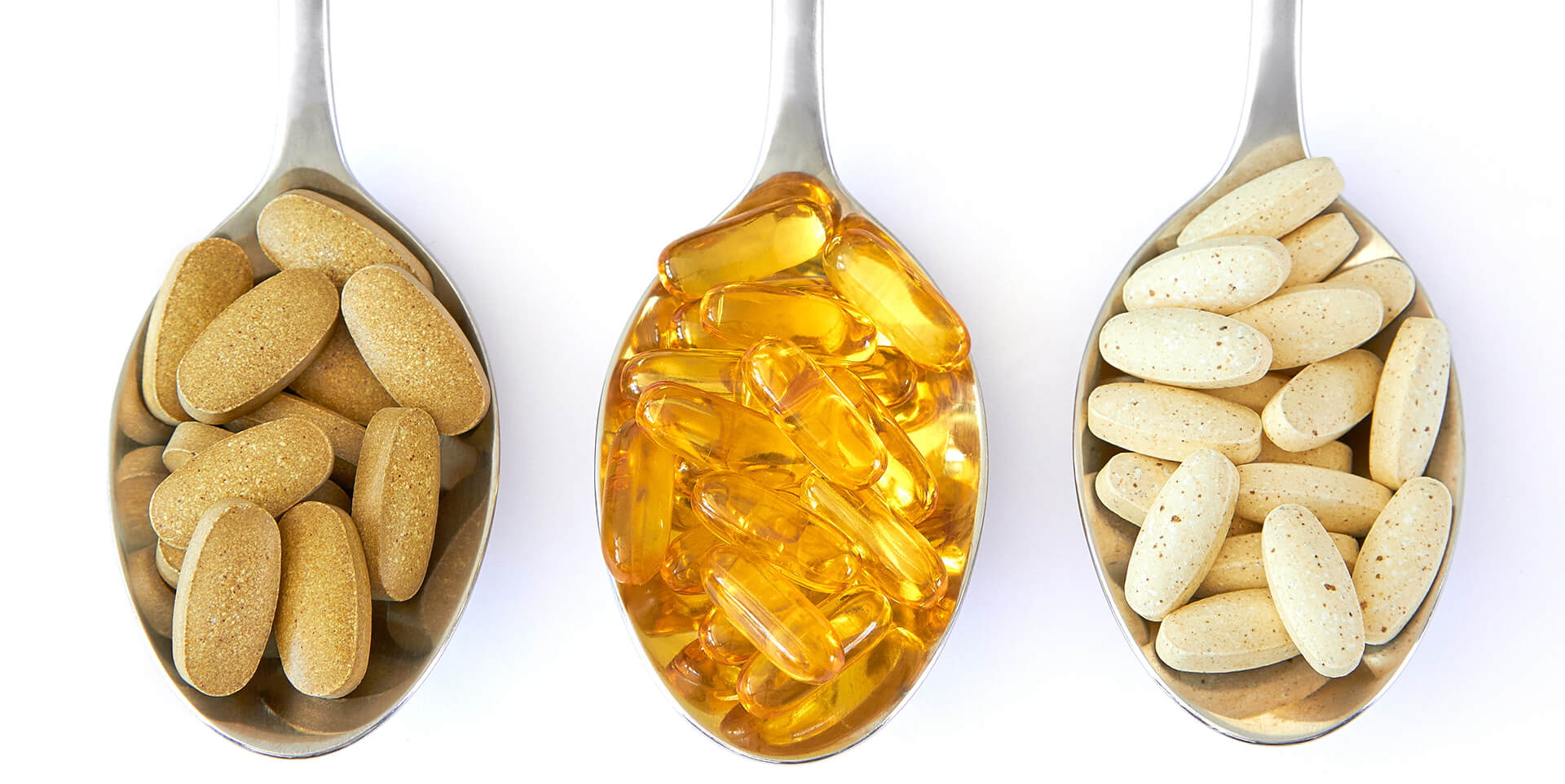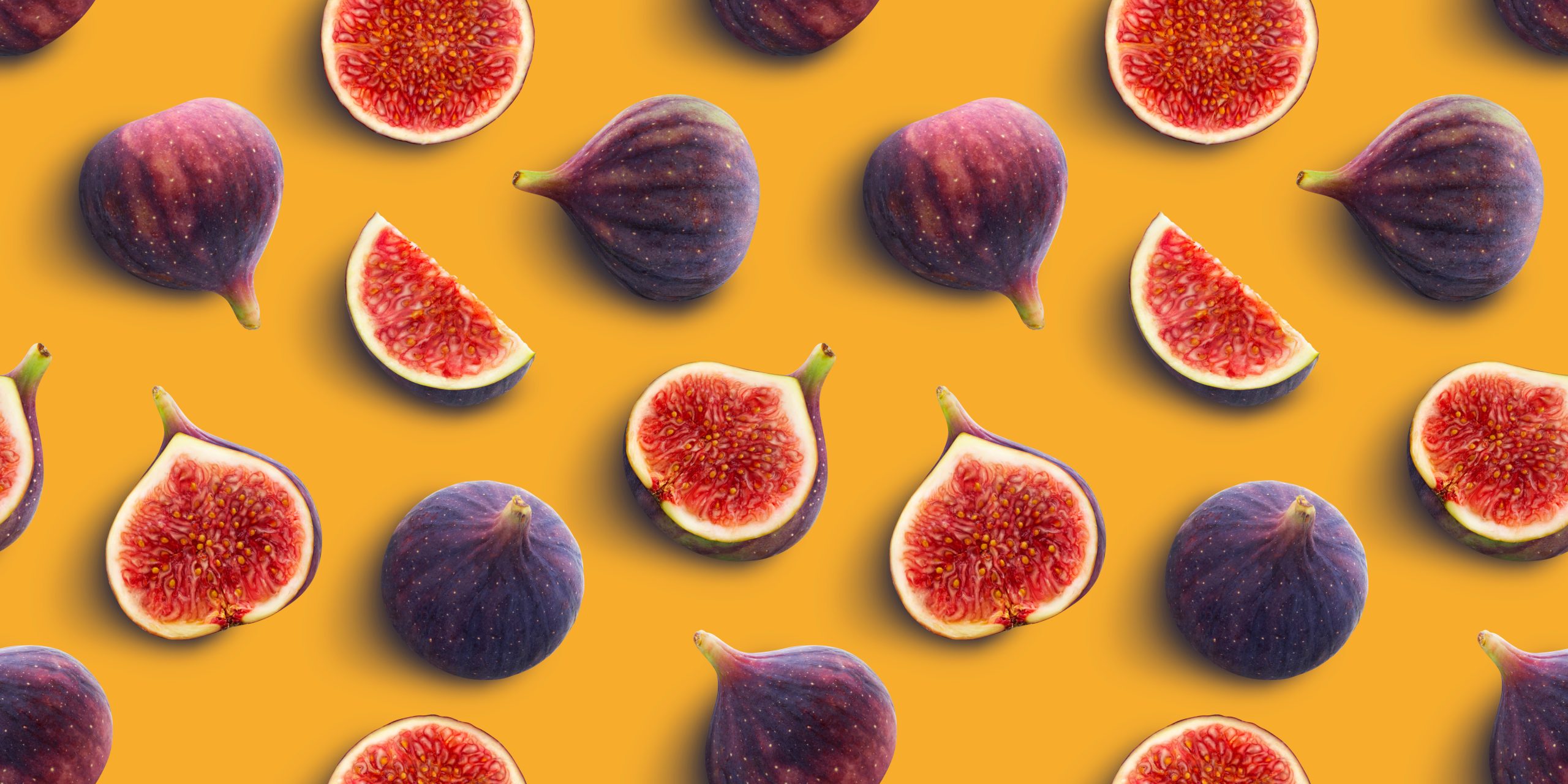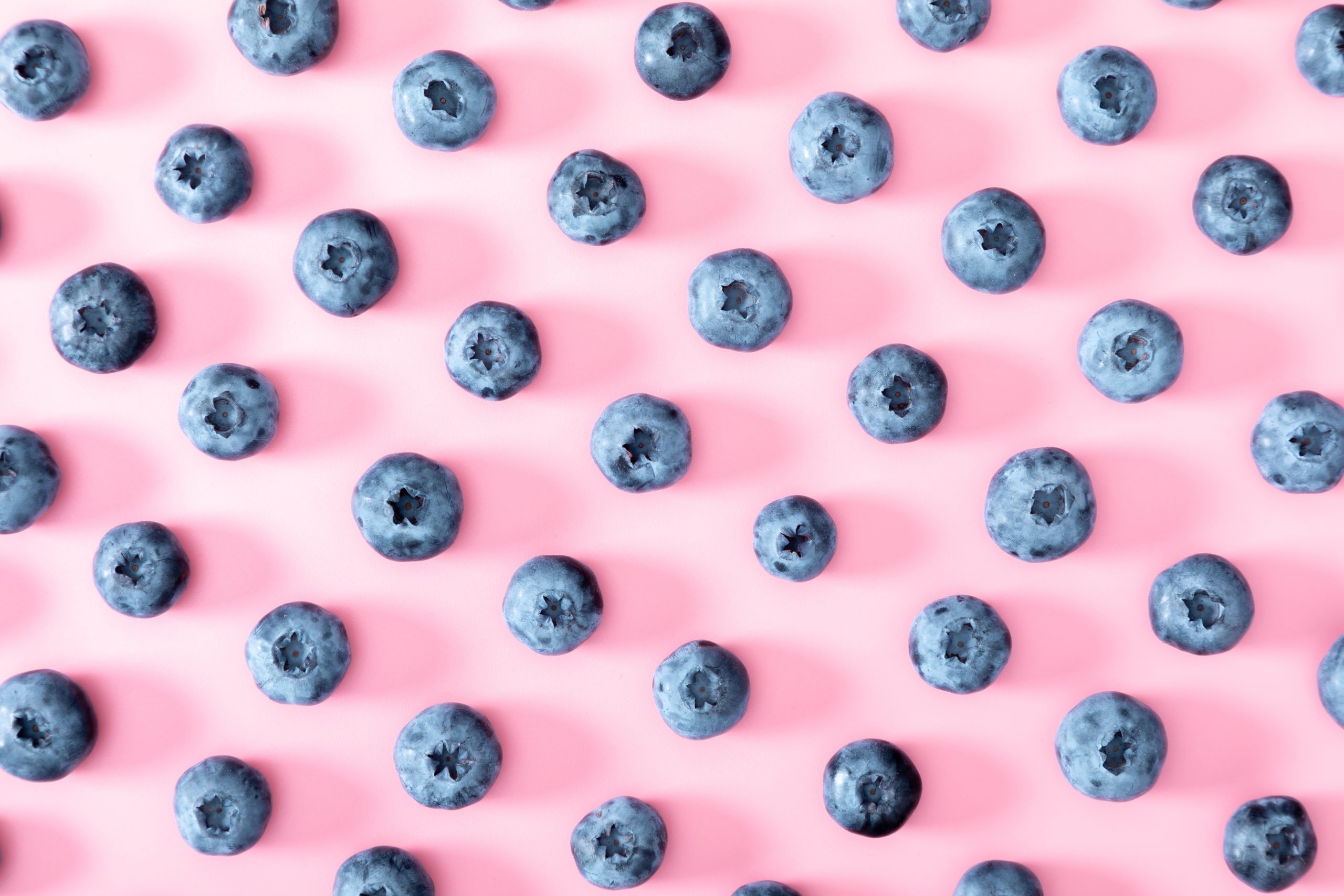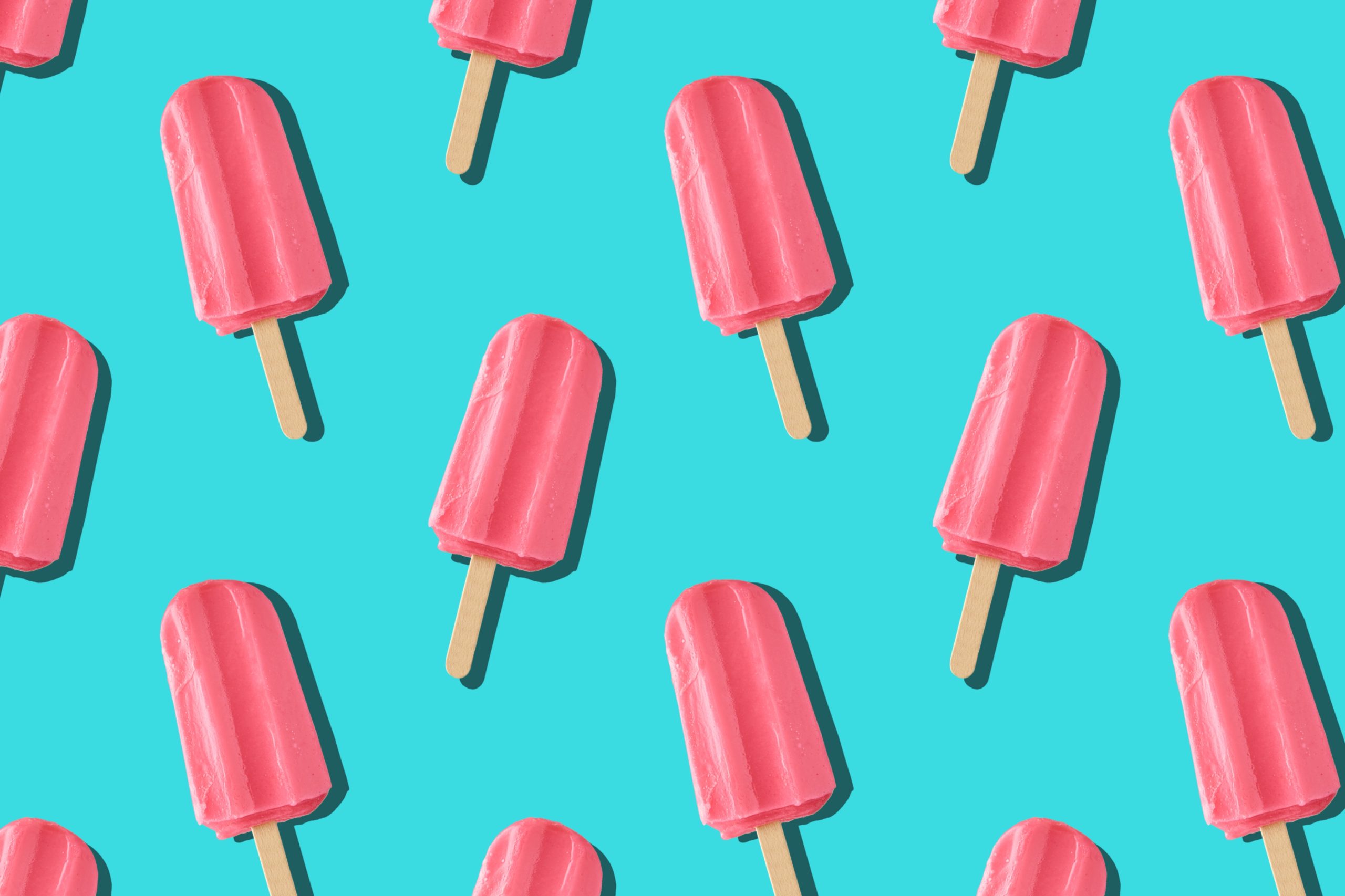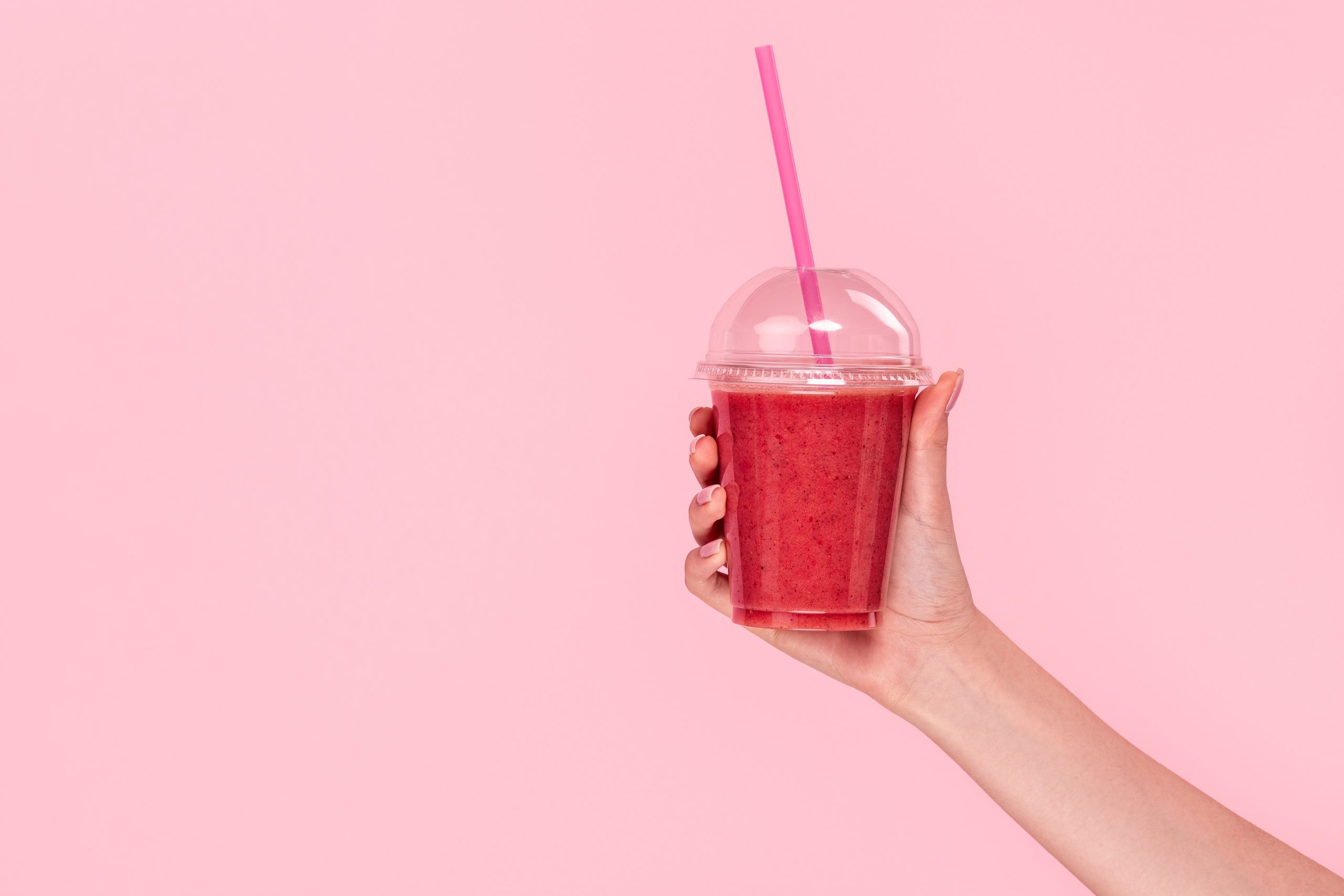“Take your vitamins!”
You’ve heard it before. Maybe your parents encouraged you to take a multivitamin as a child or a friend recommended vitamin C to help you get over a cold. The 2015 Canadian Community Health Survey found that almost half of Canadians are taking some form of nutrition supplement! It’s a huge (and lucrative) industry. But the question remains: Do we really need supplements for optimal health?
Vitamins and supplements are a safety net, rather than a magic pill that replaces eating well. They might give you enough of a particular micronutrient, but consuming micronutrients in food form gives your body so much more – like fibre, other nutrients, antioxidants and phytonutrients, protein, essential fats, and energy.
Often, students ask me what it means to “eat well.” If you eat a healthy and balanced diet, you’ll usually get all of the vitamins and minerals your body needs to function well. An easy way to ensure you are eating a balanced diet and getting the nutrients you need through food is to use The Plate Model.
Aim to eat meals that are packed with fruits and veggies, whole grains, and healthy sources of fat and protein. Don’t cut out food groups (e.g. grains) as this can lead to nutrient deficient diets. If you eat well and still worry about missing some nutrients, you can take a multivitamin as a safety net, to ensure you’re meeting all of your needs. But focus on eating well first.
Some people need vitamins and supplements. Do I?
While most people will get the vitamins and minerals their bodies needs to function well from eating a balanced diet, certain people have specific supplement needs based on their age, life stage, or dietary preferences.
If you’re thinking about taking a vitamin supplement, it is important to talk to your doctor or a dietitian first. Taking large amounts of a vitamin can be dangerous, as some vitamins have toxic levels. Get sound advice on a healthy dose and your particular nutrient needs to ensure you are nourishing your body well and not putting yourself at risk.
Vegetarian and Vegan Diets
People who follow a vegan diet exclude all animal products from their diet, and therefore require a different source of vitamin B12 because it is not found in plant products. Vegan sources of vitamin B12 could include fortified foods, nutritional yeast, or a supplement.
People who follow a vegetarian or vegan diet mainly eat plant sources of iron. Since plant-based sources are harder for our bodies to absorb, a higher iron intake is needed. In this case, an iron supplement might be helpful.
Other nutrients to ensure a good food or supplement source of are omega-3 fats, zinc, and calcium.
Women of Childbearing Age
Women of childbearing age should take a 0.4 mg folic acid supplement every day. This helps to prevent neural tube defects during the early stages of pregnancy. It is often too late to start taking a supplement once you find out that you are pregnant.
Most People Living in Canada
Most people living in Canada do not get enough vitamin D from food and sunlight, so a supplement may be recommended – especially in the winter months.
Takeaways
Before you consider taking a vitamin supplement, ask yourself this: “Where can I add more nutrient-dense foods into my daily eating pattern?” Put the focus on choosing balanced meals and loading up on fruits, vegetables, and whole grains. We get lots of important vitamins and minerals from these foods.
Thanks to dietetics student Britney Lentz for helping to draft this article.
